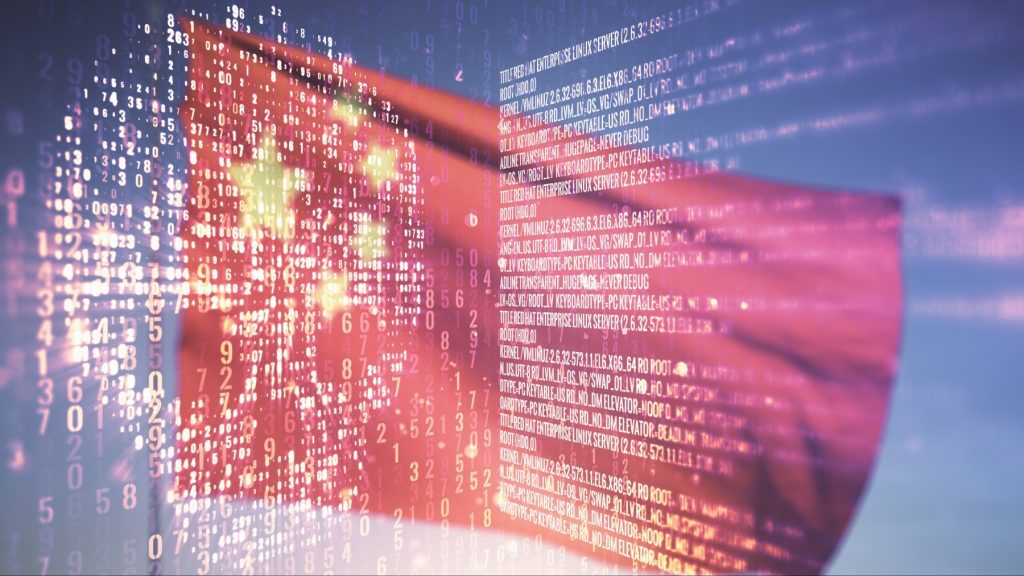
Officials in the United States have been sifting through a collective treasure trove of freshly leaked documents from a Chinese tech firm I-SOON casuing a cyber espionage.
An ongoing study of the leak is being conducted by the Biden administration. Private investigators have mentioned to CNN that they clear evidence that the Chinese security agencies are outsourcing hacking operations in order in tech companies in order to target victims all around the world.
The documents were posted online and publicly set out for the public to access. The documents included screenshots of chats, several records of employees and records of government clients from I-Soon. The hacking pool included victims from Tibetan exile-run political groups to hospitals in Taiwan, and more than a dozen foreign and Asian governments are included.
The deeper the digging, in this case, the more awareness readers have that I-Soon’s clients included the Chinese police, intelligent services, and military. According to a spreadsheet that was leaked, they had 182 contracts signed with them between the years of 2016 and 2022 by a subsidiary of I-Soon in the southwestern province of Sichuan.
According to Adam Kozy, who previously tracked Chinese hackers for the FBI he mentioned that “This is some of the best visibility we’ve had into Chinese hacking operations outside of a government SCIF.”
What Does the Chinese Govt Have to Say
Liu Pengyu, the spokesperson for the Chinese Embassy in Washington, DC stated in an n email reply that “I’m not aware of the specifics you mentioned. In principle, I want to emphasize that China firmly opposes the unwarranted denigration and smearing against China.”
The question is, is he pretending not to know anything in order not to make the situation worse or were embassies unaware of what the government had planned?
“The so-called claim that ‘the Chinese authorities surveil dissidents overseas’ is completely fabricated,” Liu continued to state. “China is a major victim of cyber attacks. We keep a firm stance against all forms of cyber attacks and resort to lawful methods in tackling them. China does not encourage, support or condone attacks launched by hackers.”
Wu Haibo, CEO of I-Soon, has not responded to any request or commented on anything said regarding the leak that took place.
Beijing repudiated the allegations and pointed fingers that the US is in charge and conducting its own cyberattacks.
I-Soon Stance
According to the investigations done by CNN and various talks done with experts, I-Soon had targeted cyber-espionage though various ways, and this includes Asian governments.
Big names on the list also included telecom companies. Call logs and data provided by the user were hacked from various operators in countries such as South Korea, Kazakhstan and Afghanistan.
Later in time, documents by the Chinese court provided proof that I-Soon had developed business relations with GBI hacking group. Unlike I-Soon the Chinese government has gone miles over miles to hide its hacking history.
Both governments are blasting “It Wasn’t Me” by Shaggy after the cyberattack and leaks took place.
Inside Telecom provides you with an extensive list of content covering all aspects of the tech industry. Keep an eye on our Cybersecurity sections to stay informed and up-to-date with our daily articles.